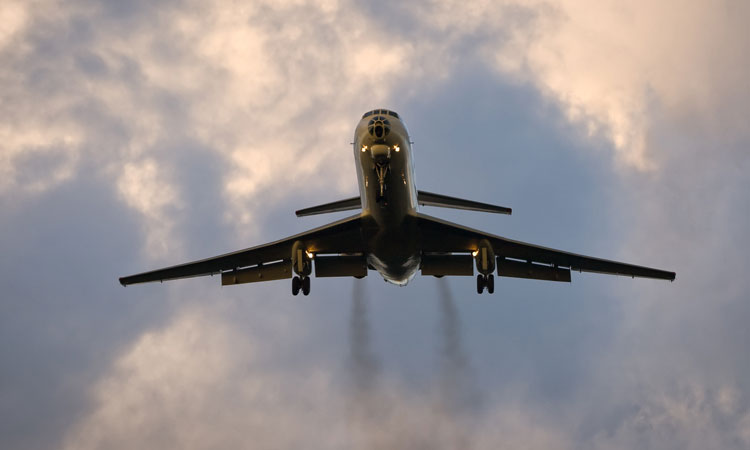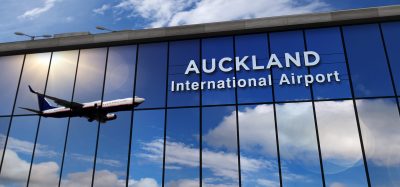ICAO Council agrees to safeguard CORSIA due to COVID-19
- Like
- Digg
- Del
- Tumblr
- VKontakte
- Buffer
- Love This
- Odnoklassniki
- Meneame
- Blogger
- Amazon
- Yahoo Mail
- Gmail
- AOL
- Newsvine
- HackerNews
- Evernote
- MySpace
- Mail.ru
- Viadeo
- Line
- Comments
- Yummly
- SMS
- Viber
- Telegram
- Subscribe
- Skype
- Facebook Messenger
- Kakao
- LiveJournal
- Yammer
- Edgar
- Fintel
- Mix
- Instapaper
- Copy Link
Posted: 1 July 2020 | International Airport Review | No comments yet
It has been determined that the value of 2019 emissions shall be used for 2020 emissions within CORSIA to avoid an inappropriate economic burden on aviation.


The Council of ICAO has agreed to provide a clear safeguard, in light of the COVID-19 pandemic, to CORSIA (Carbon Offsetting and Reduction Scheme for International Aviation) – the first ever global market-based measure being applied for any industry sector.
The CORSIA was designed to address gaps in aviation’s ability to reduce and eliminate its CO2 emissions through innovations in aircraft design, propulsion, operational procedures, fuels and other more sustainable means, to achieve the sector’s aspirational goal of carbon neutral growth from 2020.
ICAO Assembly Resolution A40-19, which defines the CORSIA, includes modalities to adjust the CORSIA both in case of an unforeseen circumstance that affects the sustainability of the scheme or an inappropriate economic burden such as that caused by COVID-19.
The impact of the COVID-19, significantly lowering international aviation operations, traffic and emissions in 2020, would lead to a consequential reduction in the CORSIA baseline, calculated as the average of 2019 and 2020 emissions from the sector. This, in turn, would create an inappropriate economic burden to operators, due to the need to offset more emissions although they are flying less and generating less emissions.
The Council determined that the value of 2019 emissions shall be used for 2020 emissions to avoid inappropriate economic burden on the aviation industry, for the CORSIA implementation during the pilot phase from 2021 to 2023.
“Council States have made a measured assessment and have come to the most reasonable solution available given our current and very extraordinary circumstances,” remarked ICAO Council President, Salvatore Sciacchitano.
Additional points were raised by Council States on the impacts of lower 2020 traffic and CO2 emissions to other CORSIA design elements, such as an emission threshold for CORSIA new entrants, and the selection of an operators’ emission basis for offset calculation during the pilot phase, and it was confirmed to use the value of 2019 emissions for these design elements.
Together with the review of CORSIA, a strong process is in place to accelerate innovative in-sector CO2 reduction measures, including the ongoing ICAO CO2 reduction stocktaking process as part of exploring the feasibility for a long-term aspirational goal.
Related topics
Airport crisis management, COVID-19, Emissions, Regulation and Legislation, Sustainability


















